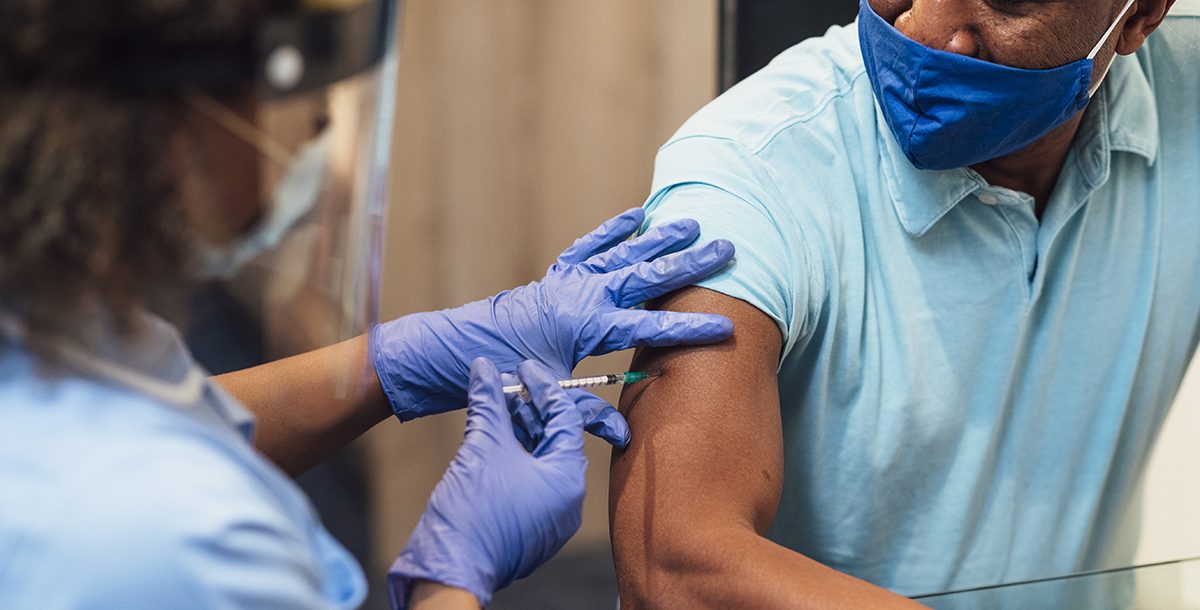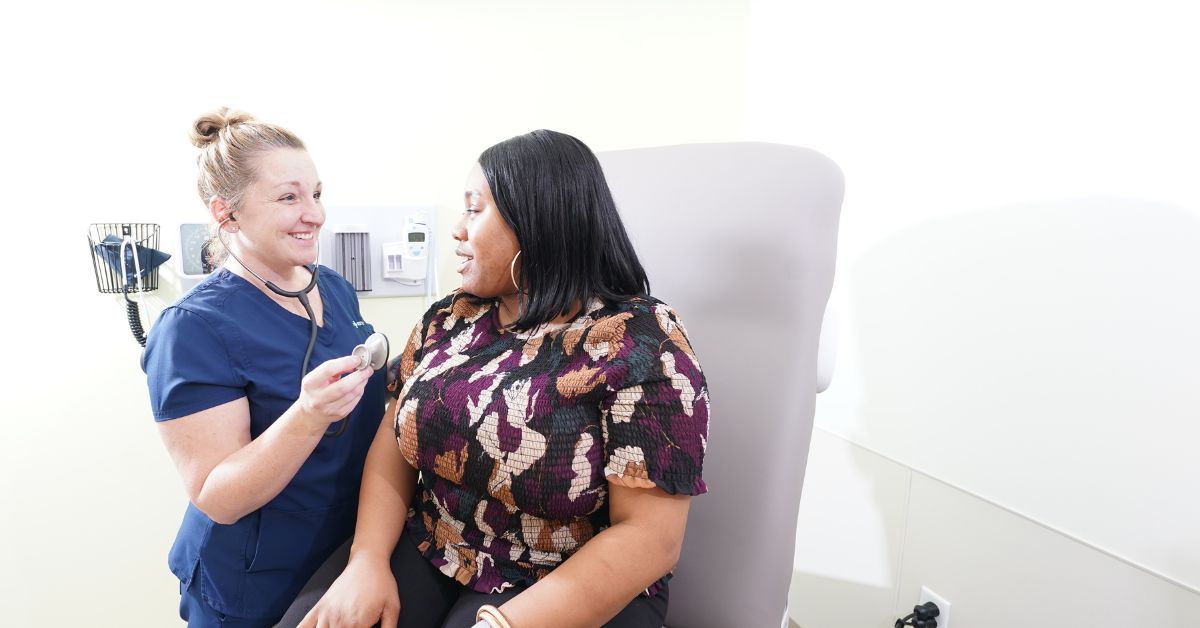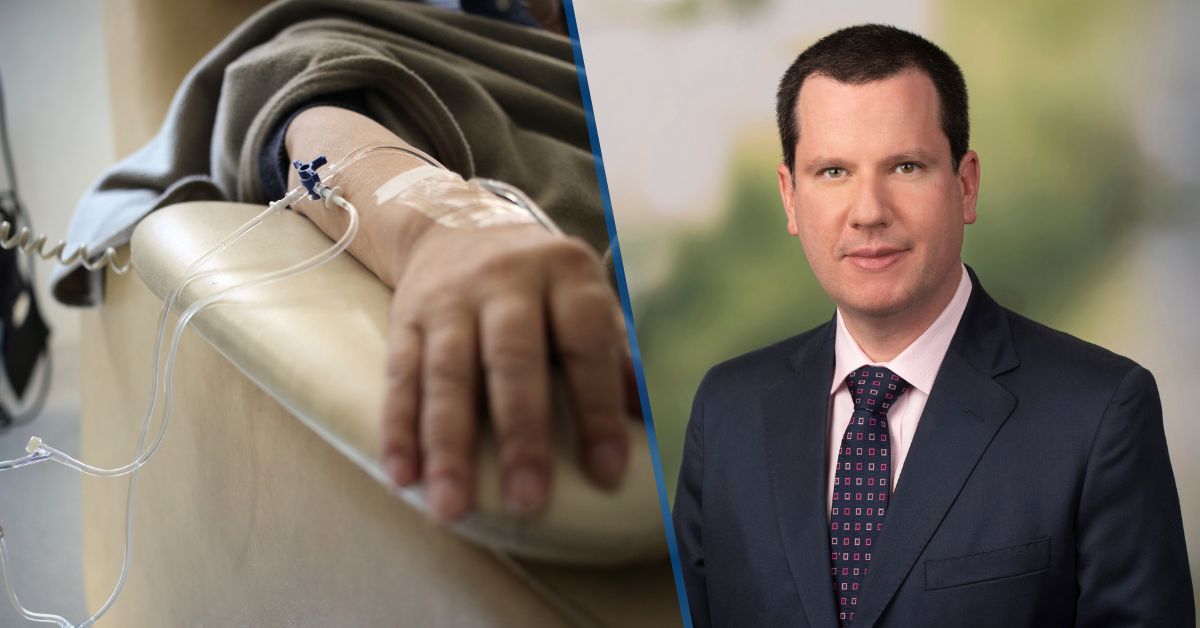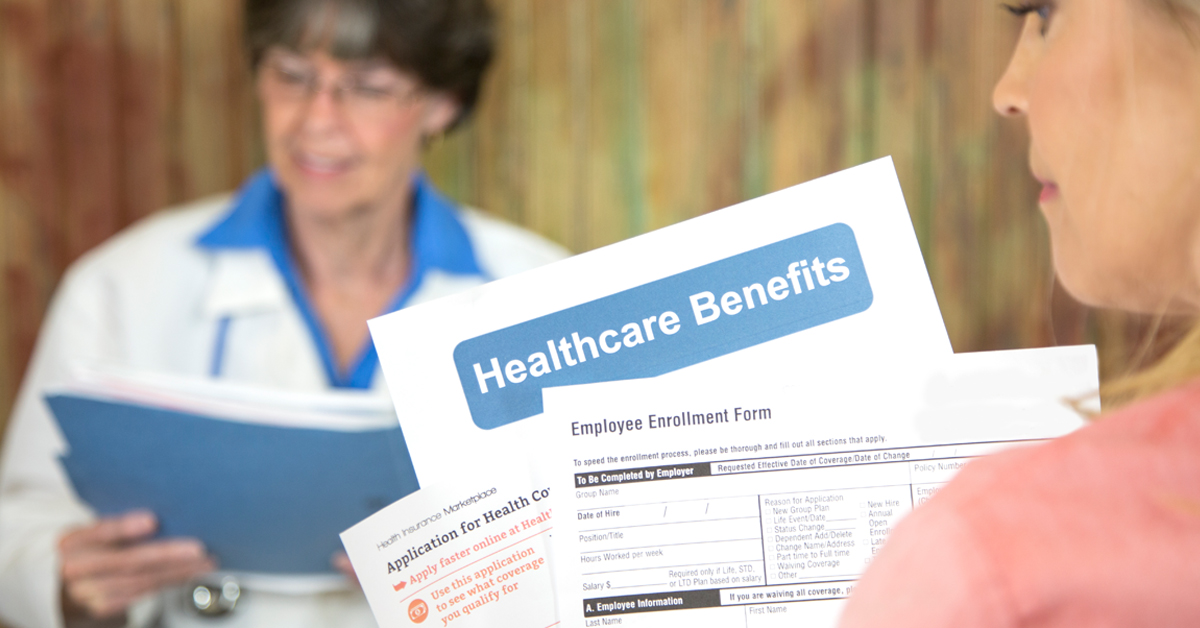News of the COVID-19 vaccines has been met with great excitement along with some hesitation. It usually takes years to develop vaccines. However, with help from the United States and other international sources, scientists received more aid in order to safely speed up the vaccine development process and help stop this global pandemic.
Many people still have questions. Check out these facts about the COVID-19 vaccines below.
Three vaccines are currently available
In the United States, three different vaccines are available under an emergency use authorization issued by the FDA. These are the Pfizer vaccine, the Moderna vaccine and the Janssen/Johnson & Johnson vaccine.
The Pfizer version is suitable for people who are ages 16 and over. The Moderna vaccine and the Janssen/Johnson & Johnson vaccine is available for individuals at least 18 years old.
Certain groups can get the vaccine first
Eventually, the vaccine will be more widely available to everyone. But right now, it’s being offered in phases to certain groups. Exactly who is eligible to receive a COVID-19 vaccine at this time is based on the state in which you live.
For some shots, you have to get two doses
The Janssen/Johnson & Johnson vaccine is unique because it is the only vaccine that requires one dose at this time. Both the Pfizer and the Moderna vaccines require two consecutive injections, 21 or 28 days apart depending on which vaccine you receive, to be effective. When you schedule your initial vaccine, you will also be scheduled for your second dose.
You can get the vaccine if you’ve already had COVID-19
Some people believe that if they’ve already had the virus they don’t need to get the vaccine. This isn’t true. Scientists still don’t know how long you’re protected from getting the virus again after you’ve had it.
You may experience some minor side effects
As with any vaccine, you may experience a few minor side effects after you get it. These include:
- Chills
- Fatigue
- Fever
- Flu-like symptoms
- Headache
- Muscle pain
- Nausea
- Swollen lymph nodes
You may also have some pain and swelling around the injection site. If your symptoms increase or don’t go away after a few days, contact your health care provider.
Allergic reactions to the vaccine are extremely rare
So far, allergic reactions to the vaccine have been extremely rare. If you’ve had a reaction to a vaccine in the past, talk to your primary care provider about your concerns. Also, if you took the first dose of the vaccine and had an allergic reaction, it’s not recommended that you take the second one.
Even if you get the vaccine, you should still take precautions
Getting the vaccine doesn’t mean you should let your guard down just yet as the COVID-19 pandemic is still ongoing. This includes continuing to wear a face mask while out in public.
However, there are certain new things you can do, such as visit with other fully vaccinated individuals indoors, without distancing and without face masks.
Read our full list of things fully vaccinated people can do.
Stay updated on what Bon Secours is doing related to the COVID-19 vaccine.





